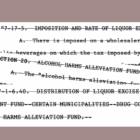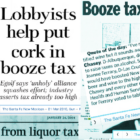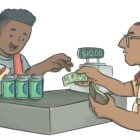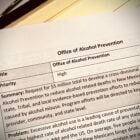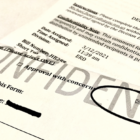Alcohol
Once skeptical, key lawmakers propose new approach to raising alcohol taxes
|
Two key state representatives who helped water down an alcohol tax hike last session have introduced legislation to raise taxes on most alcoholic beverages. The proposals from representatives Derrick Lente, D-Sandia, and Micaela Lara Cadena, D-Mesilla, the top lawmakers on the powerful House Taxation and Revenue Committee, could signal growing support among Democratic lawmakers to increase the price of a commodity that kills thousands of New Mexicans each year. But disagreements remain about how to do it, and by how much. The legislators filed a pair of bills that each offer its own approach but would both effectively tax alcoholic beverages a percentage of their price. For most alcohol, House Bill 212 would tax wholesalers on the products they sell to retailers — 6% for beer, 9% for wine, and 12% for spirits, with lower rates for alcohol made by small producers.



